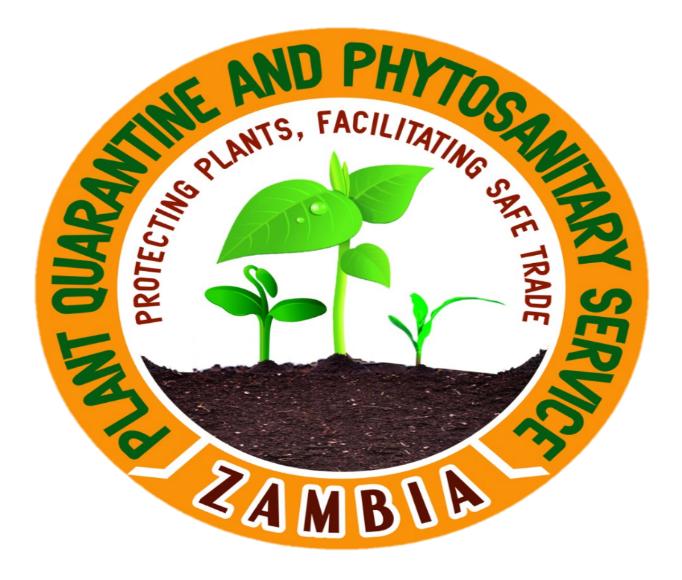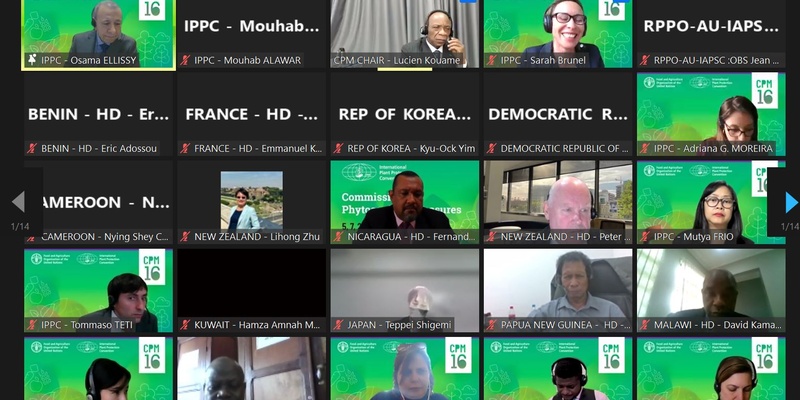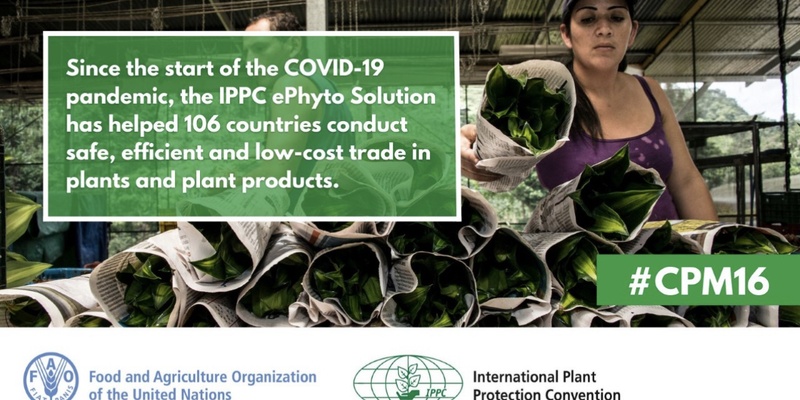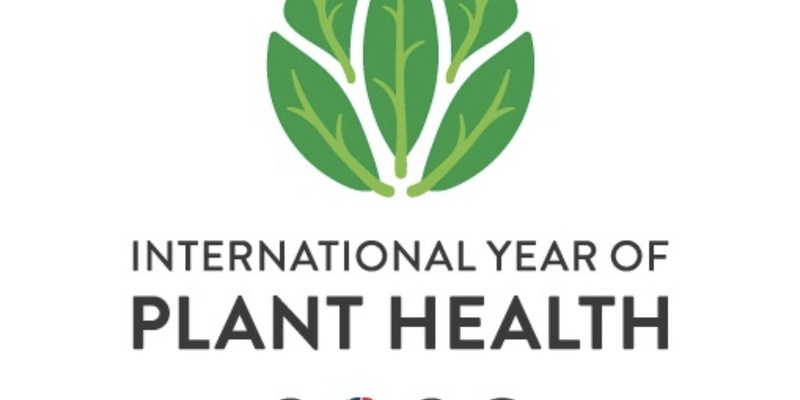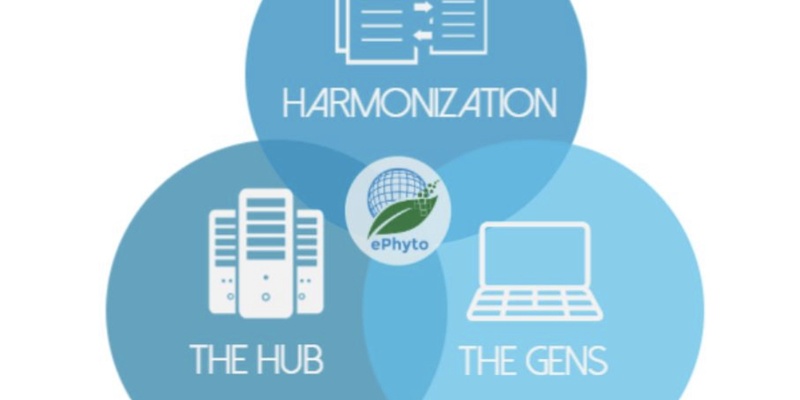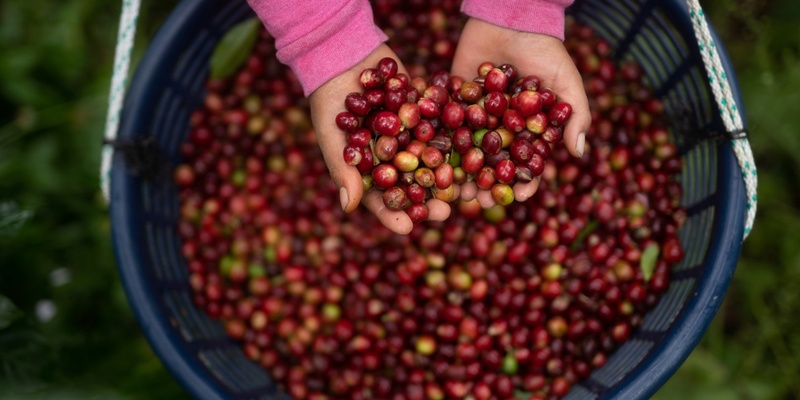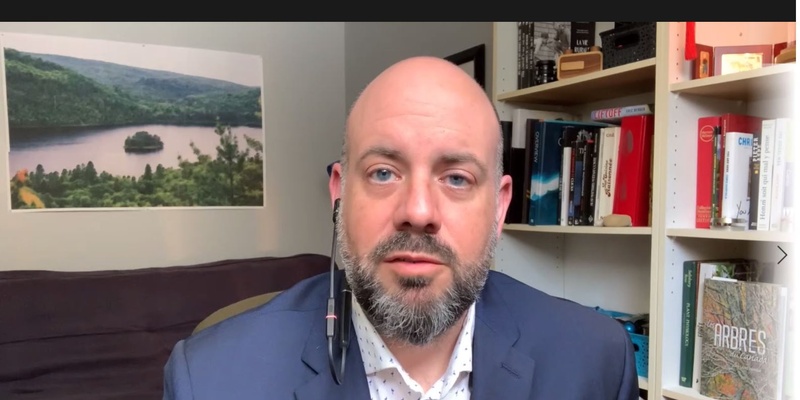IITA calls for the use of technology in the fight against fall armyworm
International Institute of Tropical Agriculture IITA has welcomed members of the public to make use their premises in search for technology in fight against Fall Armyworm. Speaking during the field day on fall armyworm control organised by Syngenta, in CHONGWE, IITA Southern Africa Director DAVID CHIKOYE says IITA is a public organisation that offers free international agricultural extension services. And chief Agriculture Research Officer under the Zambia Agriculture Research Institute ZARI, Dr Patrick Chikotihascommended IITA and Syngenta for developing technologies which is help the small scale farmers against crop losses. IITA calls for the use of technology in the fight against fall armyworm – Ministry of Agriculture
